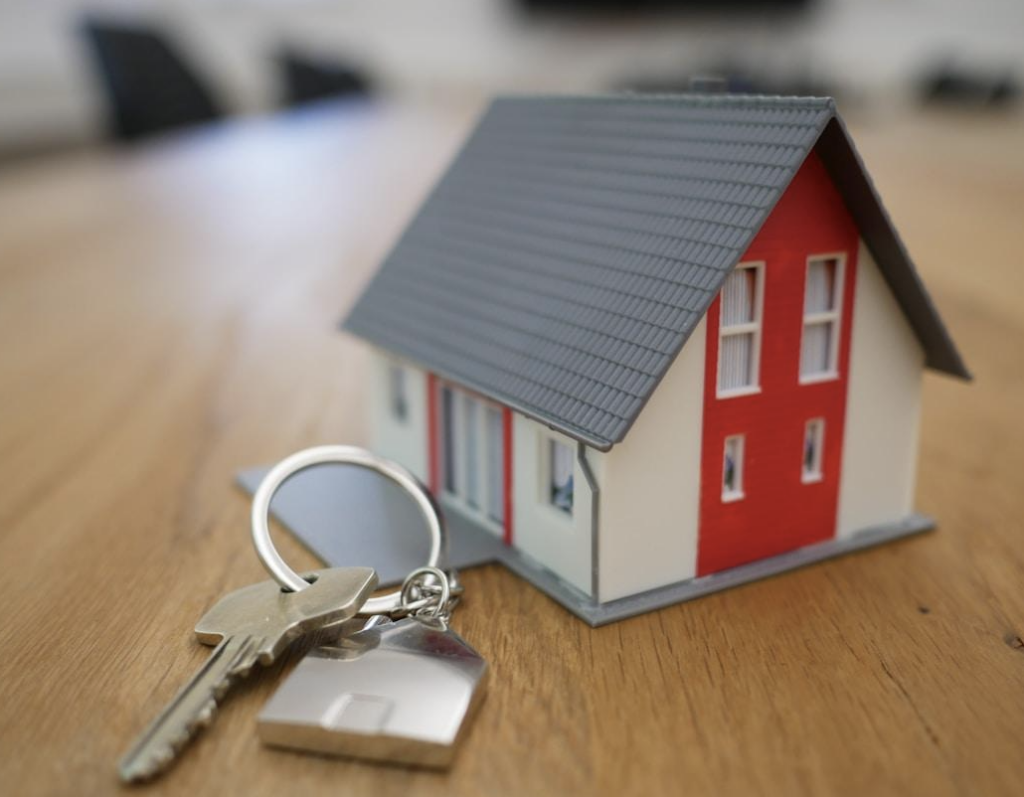Are you looking for help buying your first home? This comprehensive guide will provide you with essential tips on saving for a down payment, covering closing costs, and leveraging first-time homebuyer programs and assistance. Start your journey to homeownership today with the right knowledge and resources.

Navigating Down Payments, Closing Costs, and Assistance Programs
We’re here to help you buy your first home! Becoming a homeowner is an exciting milestone, but it can also feel overwhelming, especially when it comes to financing. Understanding the costs involved, how much you can afford, and knowing the resources available can make the process smoother and more manageable. In this blog post, we’ll break down the essentials of securing a down payment, covering closing costs, and leveraging first-time homebuyer programs and assistance.
Understanding Down Payments and Closing Costs
Down Payments
A down payment is the upfront cash you pay towards the purchase price of your home. It’s typically expressed as a percentage of the total price. For instance, a 20% down payment on a $300,000 home would be $60,000. While 20% is often recommended to avoid private mortgage insurance (PMI), many first-time buyers put down less.
Closing Costs
Closing costs encompass all the fees and charges you’ll need to pay when finalizing your mortgage. These can include:
- Loan origination fees
- Appraisal fees
- Title insurance
- Escrow fees
- Prepaid property taxes and homeowners insurance
Closing costs usually range from 2% to 5% of the home’s purchase price. On a $300,000 home, that’s $6,000 to $15,000.
Securing Your Down Payment
Personal Savings
Saving for a down payment takes discipline and time. Here are some tips to build your fund:
- Create a budget: Track your expenses and cut unnecessary costs.
- Automate savings: Set up automatic transfers to a dedicated savings account.
- Reduce debt: Pay down high-interest debt to free up more money for savings.
- Boost income: Consider side gigs or freelance work to increase your income.
Down Payment Assistance Programs for Home Buyers
Many state and local governments, as well as nonprofit organizations, offer down payment assistance programs to help you buy your first home. These programs can provide grants, low-interest loans, or forgivable loans to help with your down payment and closing costs.
- Federal Housing Administration (FHA) loans: These loans require as little as 3.5% down and have more flexible credit requirements.
- Veterans Affairs (VA) loans: Available to veterans and active-duty service members, these loans often require no down payment.
- USDA loans: For rural and suburban homebuyers, these loans can also require no down payment.
Gifts and Other Sources
If you have family members willing to help, you can use gift funds for your down payment. Lenders will require a gift letter confirming that the money is a gift and not a loan that needs to be repaid.
Additionally, some employers offer down payment assistance as part of their benefits package, so it’s worth checking with your HR department.
First-Time Homebuyer Programs
There are numerous programs designed to assist first-time homebuyers. These programs can provide financial assistance, education, and resources to help you navigate the homebuying process.
Federal Programs
- FHA Loans: As mentioned earlier, FHA loans are a popular choice for first-time buyers due to their lower down payment requirements.
- Good Neighbor Next Door: This program offers substantial discounts for teachers, law enforcement officers, firefighters, and emergency medical technicians.
State and Local Programs
Most states have their own housing finance agencies offering programs for first-time buyers. These programs might include:
- Down payment assistance: Grants or loans to help with you buy your first home with down payment and closing costs.
- Tax credits: Mortgage Credit Certificates (MCCs) allow you to claim a tax credit for a portion of the mortgage interest you pay each year.
- Neighborhood Renewal Programs: These are grants based on the census tract of the neighborhood. They are area specific, not buyer specific.
Nonprofit and Community Programs
Organizations like Habitat for Humanity and NeighborWorks offer various forms of home buyer assistance, from affordable housing options to educational workshops.
Steps to Take
- Assess your financial situation: Review your credit score, savings, and debt.
- Research assistance programs: Look into federal, state, and local programs that can help with your down payment and closing costs.
- Get pre-approved for a mortgage: This will give you an idea of how much you can afford and show sellers that you’re a serious buyer.
- Start house hunting: Work with a real estate agent who understands first-time homebuyer needs.
- Make an offer: Once you find a home you love, your agent will help you make a competitive offer.
- Prepare for closing: Save for closing costs, complete a home inspection, and finalize your mortgage details.
Final Thoughts
Buying your first home is a significant step, but with the right preparation and resources, it’s entirely achievable. By understanding the financial requirements and taking advantage of available assistance programs, you can make your dream of homeownership a reality.
Buying your first home doesn’t need to be overwhelming, we’re here to help you understand the process and find the best loan program for you. Happy house hunting!
